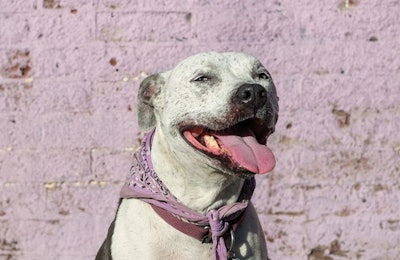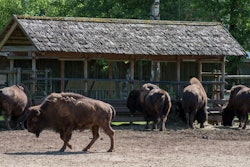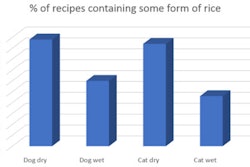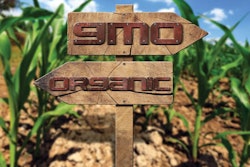
Those familiar with California politics appreciate that its motivations tend to cater to a more progressive philosophy. Having now resided in Southern California for over 20 years, I have become inured to seeing all sorts of "enlightened" concepts implemented by our politicians. However, some actions of our local officials still manage to surprise me.
The proposal: Feed shelter dogs a vegan diet
Currently under consideration by the City of Los Angeles Animal Services Commission is a proposal to feed all dogs housed in its shelter facilities a vegan dog food, replacing the commercial all-life-stages dog food it currently keeps in stock. The stated purpose of this move is with the goal to decrease animal suffering in the world. In other words, this action will spare the lives of the throngs of chickens, cattle, lambs and other food animals that go into most non-vegan pet foods. An argument against the proposal noted that in general, these animals are not killed for the primary purpose of making pet foods, anyway, but rather pet foods are largely based on animal materials available subsequent to human food processing (e.g., by-products, meat meals, poultry meals).
Not surprisingly, this observation was quickly countered with disparagement of the quality if not safety of these secondary materials; e.g., assertion that the residues of artificial hormones, antibiotics, pentobarbital, heavy metals, etc., that are purportedly ubiquitous in non-vegan commercial pet food were the root cause of the many diseases and early deaths plagued by pets today.
The premise of the proposal, therefore, is that feeding a complete and balanced commercial vegan food in LA shelters is better for the world and environment overall, while also being as safe as, if not safer, for the dogs consuming it than a non-vegan commercial product. In addition, the vegan foods being considered purportedly would be made available at a cost competitive with standard non-vegan options. Together, then, it was argued that there was no legitimate reason not to make the switch.
A flawed proposal: Nutritional inadequacies in vegan dog food
Without opining on the philosophical considerations or countering the accusations regarding safety of the current food, there remains a fundamental flaw in the proposal. Briefly, it does not appear that the vegan foods being considered are in fact nutritionally adequate, at least not for a significant segment of the shelter population. The manufacturers of the vegan products being contemplated all expressly indicate in their labeling that the products are "complete and balanced," but specifically just for adult maintenance. A quick look at the guaranteed analyses and ingredient lists for these products confirm the rationale for this limited life stage designation, since there are glaring deficiencies in these foods for life stages other than adult maintenance. As such, they would not be nutritionally adequate for any puppies or pregnant/nursing mothers housed at the shelter.
Also, considering the fact that many animals coming into the shelters may be sick, injured, parasite-laden and/or malnourished already, a large number of these animals would need a plane of nutrient intake higher than what would be normally ascribed to a maintenance diet. Other potential issues with a vegan diet would be palatability (less assurances of sufficient intake) and the effect on waste disposal costs due to increased fecal volume.
Does the fact that the proposal will adversely affect the nutritional status of many of the shelters' residents make for a good argument against the change? Apparently, it does not. As attributed to a notable musical talent who addressed the Commission in December, "If we adopt this, it’s just one more thing that proves to the world that Los Angeles really is the progressive capital of the world!" In other words, the status and reputation of the city in the eyes of like-minded people takes precedent over the actual health of the dogs under the city's care. Seemingly, adulation by fellow progressives trumps sound animal care.
Expert opinion: Stick with commercial, nutritionally balanced pet food
In my opinion, a far more prudent tack for LA Animal Services is to stock a commercial food that was indicated as complete and balanced for all life stages, rather than just maintenance. At least at this time, that would appear to rule out a commercial vegan option; but regardless, it would better assure that the food would meet the nutritional needs of a much larger segment of the population. As I understand it, there may be some thought of allowing the veterinary staff to supersede the standing feeding orders for a vegan diet under special circumstances. However, considering the potentially sizable segment of the sheltered dogs that would be best served on the "special" (i.e., traditional commercial) diet, the staff would need to maintain large stocks of both vegan and non-vegan foods. In light of the logistical, warehousing and budgetary burdens this would cause, this plan would not appear prudent for a service already limited in staff and resources.
I believe the proposal is still undergoing a feasibility study, but a decision on the matter may be coming soon. We'll see what happens. I'm waiting for the likely follow-up proposal; i.e., vegan cat foods, to follow.
For more insights by Dr. Dzanis


















